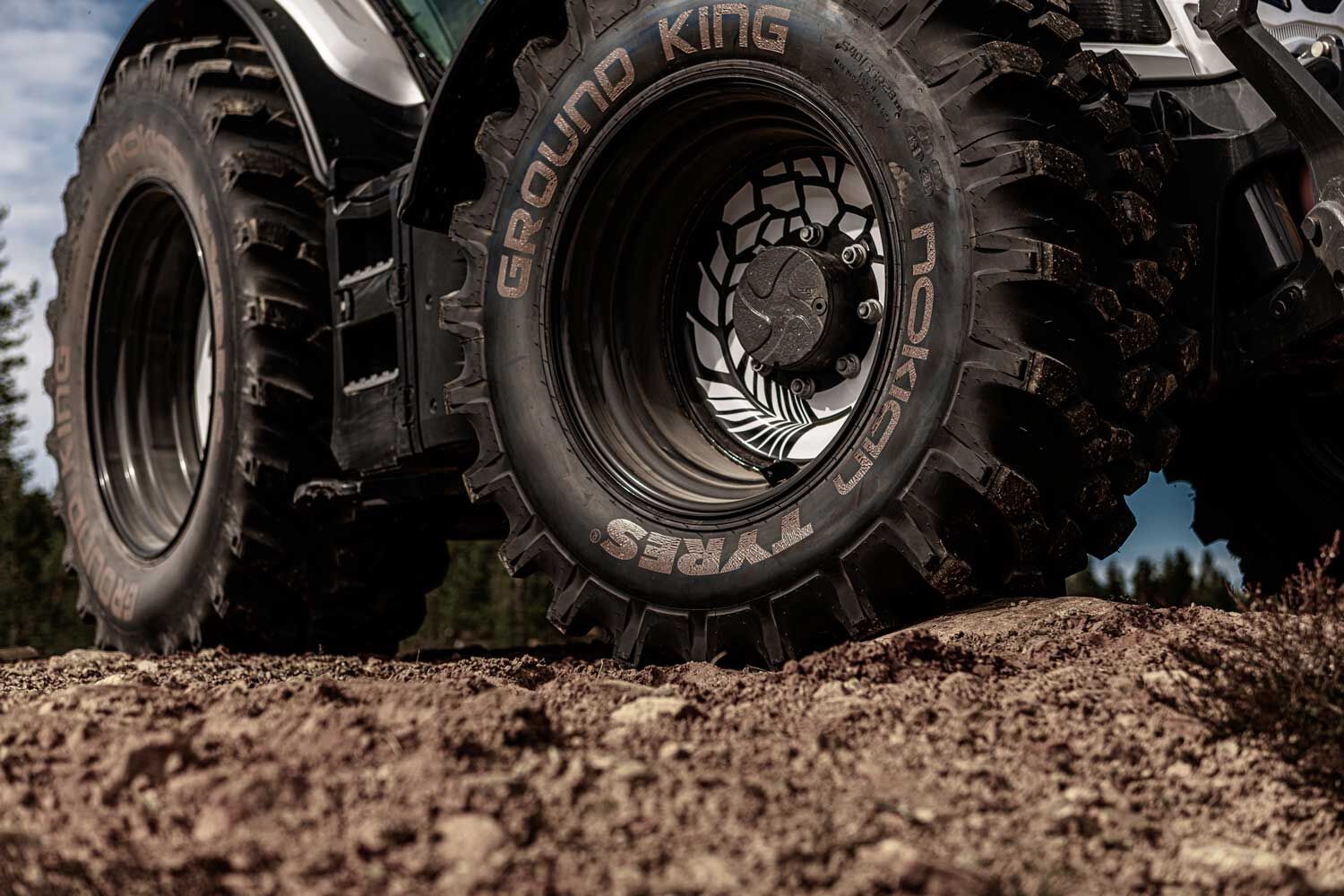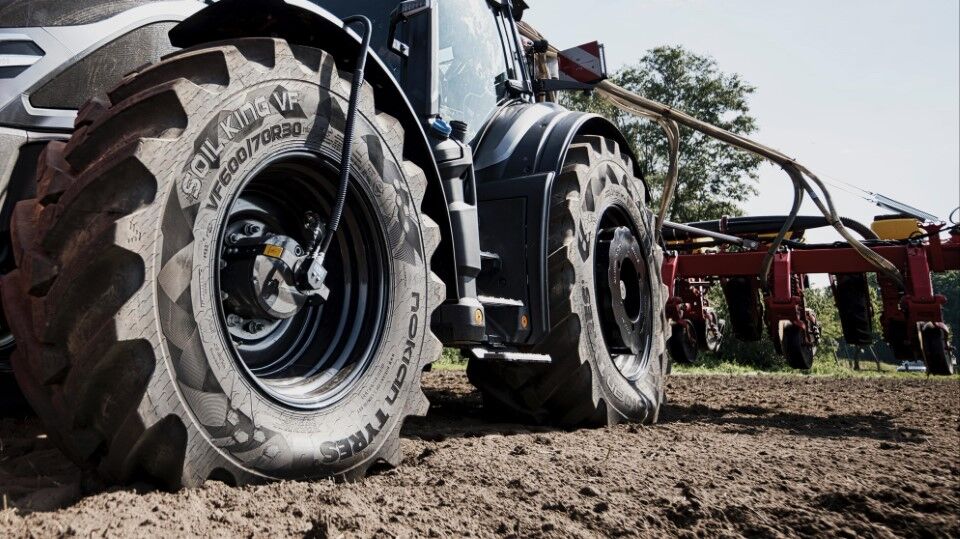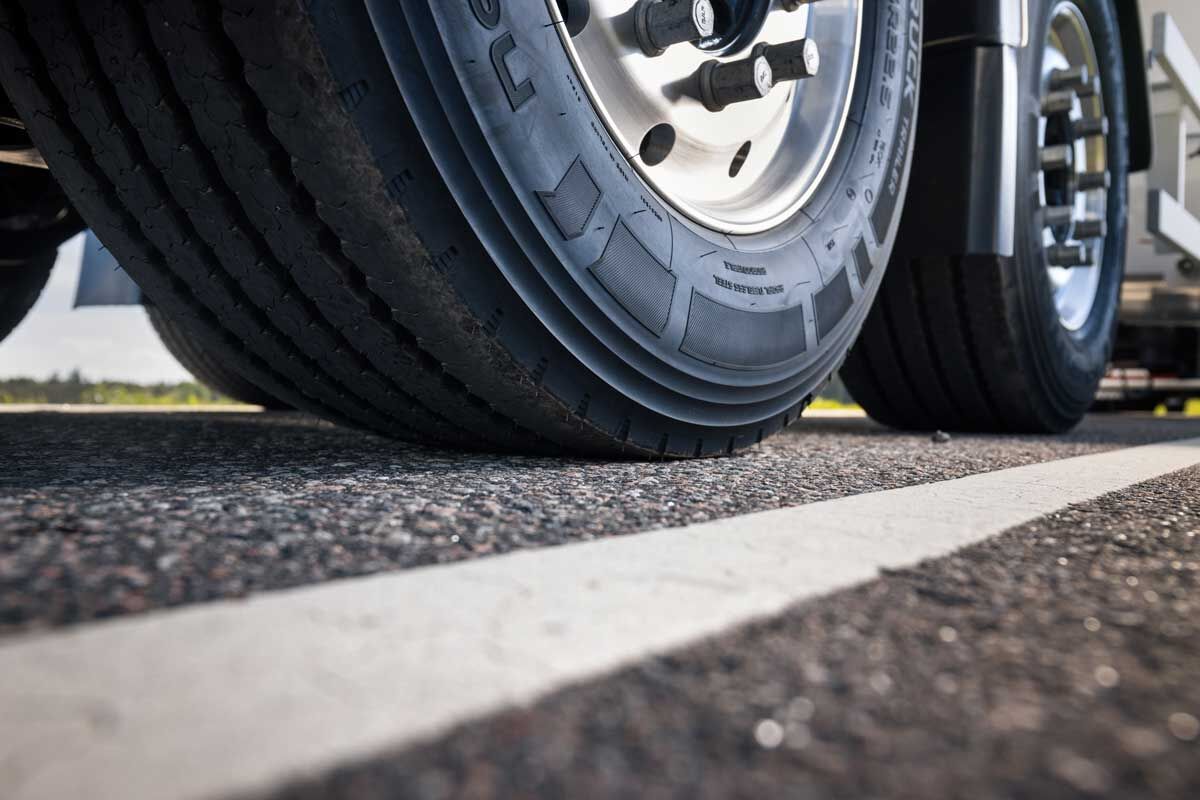
Tire tips
Heavy-duty vehicle tires face extreme demands — they carry massive loads, navigate challenging terrains, and play a key role in overall performance and safety. This section offers expert advice on selecting, maintaining, and using tires for agriculture, forestry, and other demanding environments. Proper tire care extends service life, boosts efficiency, and helps reduce costly downtime.
Heavy-duty vehicle tires face extreme demands — they carry massive loads, navigate challenging terrains, and play a key role in overall performance and safety. This section offers expert advice on selecting, maintaining, and using tires for agriculture, forestry, and other demanding environments. Proper tire care extends service life, boosts efficiency, and helps reduce costly downtime.
-

How long do tractor tires last?
The lifespan of a tractor tire is a critical factor influencing both operational efficiency and agricultural costs. Unlike standard vehicle tires, tractor tires operate under demanding conditions, carrying heavy loads and changing implements across varied terrain. Read more to learn how long tractor tires last, how to extend heavy tire life and how to choose the best -

Independent test shows Nokian Tyres Soil King VF cuts fuel use by nearly 10%
An independent comparison test* conducted by the Landwirtschaftskammer Niedersachsen (LWK) in 2025 shows that tire choice can clearly affect the fuel efficiency of agricultural transport. Nokian Tyres Soil King VF delivered diesel consumption that was nearly 10% lower than that of three premium competitor tires. -

How low dare you go? – Determining the correct tractor tire pressure requires precision and data
Determining the correct tire pressure is a daily challenge for agricultural professionals. While it may seem straightforward, the reality is far more complex. But what happens if the pressure is just slightly off? In this article, our Product Manager Matthew Crocker explains why the tire pressure matters and reveals the easiest and fastest way to get pressure recommendations on the go. -

What is tire rolling resistance? Importance of rolling resistance for heavy vehicles
Discussions around tire rolling resistance often focus on passenger cars, but the significance of rolling resistance grows with the machine. A heavy tire can waste considerably more energy than a lighter one, directly affecting operational efficiency and profitability. -

EU Tire Labels For Truck and Bus Tires
EU tire labels help you choose safer and more fuel-efficient tires. New EU tire label requirements will be widened to cover also truck and bus tires starting May 1, 2021. -

Tire Tread Depth for Commercial Vehicles
Maintaining commercial tires should be a regular operation for everyone who spends time behind the wheel of a heavy vehicle. In addition to checking tire inflation pressures and making visual inspections, regular tire maintenance should also include checking the tread depth. -

Trailer tire size: Choose the right tire size for your heavy and commercial trailer
The correct tire size for your trailer impacts the safety, performance, and overall cost-effectiveness of your operations. This is especially true for heavy and commercial trailers, whose tires should withstand large loads even at high speeds and long-haul use. Find reliable commercial trailer tires from the Nokian Tyres website. -

Tire aspect ratio for commercial vehicles
Like other tire dimensions, the aspect ratio plays a role in determining the tire's performance and suitability for various applications. Together with other qualities of commercial tires, the aspect ratio affects the tire's height, load-carrying capacity, and maneuverability, which are all the more important when operating heavy commercial vehicles.. -

Tire pressure in winter: Adjust inflation pressures when the temperatures drop
Because of our home in the Nordics where winters are cold and pose additional challenges to tires, Nokian Tyres knows the effects of winter conditions and cold temperatures on commercial tires. In addition to using dedicated winter tires during the colder months, it is necessary to adjust tire pressures according to the weather. This ensures that you are always prepared for whatever the winter throws your way.